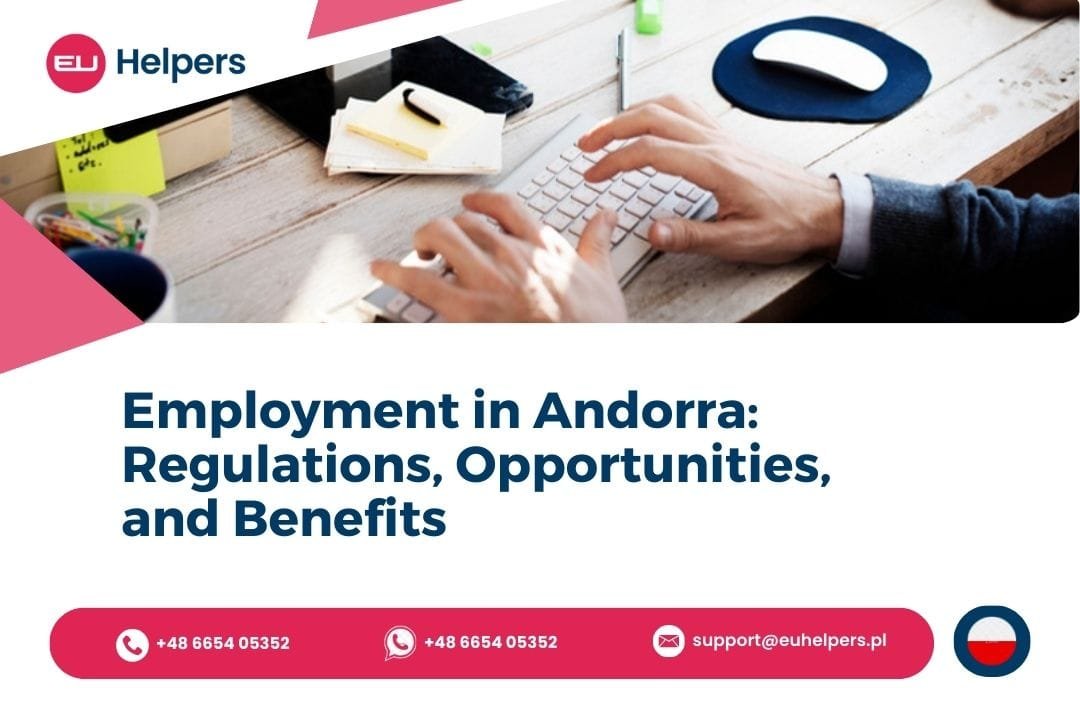Andorra, a small state in the Pyrenees, presents enticing employment options, particularly in skiing, hospitality, and retail sectors. However, there are also opportunities outside these areas. Your employment prospects may vary depending on your nationality, as Andorra isn't an EU member. Most individuals arrive with necessary documentation and seek temporary accommodation while applying for work and residency.
To work in Andorra, you'll require both a work permit and a residence permit. The number of self-employed work/residency permits available is limited, with around 900 allocated to foreign workers in 2018. Local workers are given priority, and employers typically must advertise on Andorran job boards before considering non-local candidates.
For a work permit, you'll need the following documentation:
- A criminal record certificate from your country of origin (often called an 'apostilled police report'; a UK DBS check is usually acceptable, but it must be within a 3-month timeframe)
- Passport copy
- Photos
- CV
- Marital status certificate if applicable
- Housing status certificate (rental agreement or statement from your accommodation provider)
Obtaining residency in Andorra can be intricate, and it might be beneficial to consider seeking guidance from one of the numerous consultancies specializing in navigating the different residency categories.
If offered a job in Andorra, your employer should support your application for a work permit.
Proficiency in Catalan, Spanish, or French, preferably all three, is ideal, with Catalan being the official language for bureaucratic purposes. However, being fluent in English is advantageous due to the significant number of English-speaking visitors.
Experience in hospitality and retail sectors is beneficial, especially for seasonal employment, predominantly during the winter months. Job applications for the ski season typically commence around October, with most hiring occurring in September or earlier. Employment opportunities are often found in Vallnord or Grandvalira, the primary ski resorts. It's important to note that working as an independent ski instructor is not permitted; employment must be through a ski school.
TEFL teaching opportunities are available in Andorra, primarily within the private sector. However, positions in private schools are limited. Teaching roles may involve individual tuition rather than classroom-based instruction.
In Andorra, the legal limit for working hours is 12 per day or 40 per week, with overtime pay for additional hours at 25% for the first 4, 50% for the next 4, and 75% for any beyond the 9th hour. Nightshift work earns a 20% premium above the minimum wage, which is €1,050.40 per month, subject to around 6.5% national insurance and taxes for public healthcare coverage. Employees are entitled to one day off per week and a 30-minute break during each 6-hour shift, with 4 official holidays annually.
Spouses can enter Andorra as dependents but require a separate work permit application. Andorran employment regulations, although complex, offer competitive salaries compared to neighboring countries with a lower cost of living, making Andorra an appealing choice.

